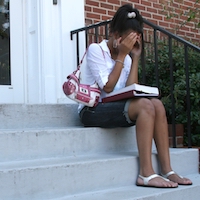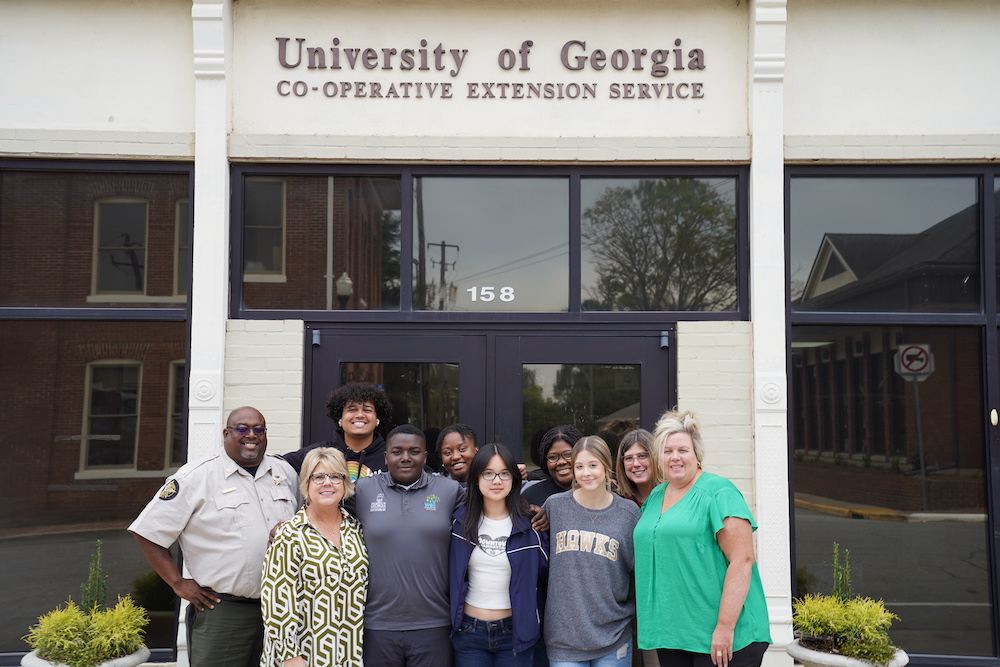Today, bullies have many more ways to inflict mental and physical abuse than they did just 10 years ago, said Cheryl Varnadoe, University of Georgia Cooperative Extension 4-H Youth Development specialist. Fortunately, children being bullied also have more outlets in which to seek help and refuge from the abuse.
Varnadoe advocates stopbulling.gov, a website managed by the U.S. Department of Health and Human Services that identifies bullying, those at risk, how to prevent bullying and appropriate responses to a bully.
“Youth need to learn to listen and support their peers and to become ‘upstanders’ rather than bystanders. They need to form a network of trusted peers and adults who they can talk to and go to for support, as well as serve as support for others,” Varnadoe said.
Varnadoe also advises parents to keep the lines of communication open with their children. Potential bullies need to realize when they’ve gone too far, while those being bullied need to be able to convey their feelings to their parents.
“Parents can help just by talking to their children about bullying, encouraging them to do what they love, modeling kindness and respect, and encouraging them to get help when they are involved in bullying or know others who need help,” Varnadoe said.
Varnadoe offers these tips to parents to share with their children:
- Learn how to handle conflict while treating yourself and the other person with dignity.
- Take a moment to take a deep breath, then address the bad behavior by trying to find the courage to voice your feelings.
- Ask for help. It is not a sign of weakness. Reporting bullying is not snitching.
- Don’t ignore bullying when you see it. Although it is scary to witness bullying in person or online, it is important to speak out. Report it to an ally.
Technological advancements have escalated the bullying problem. As children frequently visit popular social media websites, like Facebook, Twitter and Snapchat, they are more vulnerable to bullies, and in certain circumstances, may not know who their bully is.
“That’s what is scary. Sometimes the ones being bullied don’t know who’s attacking them. Unfortunately, there are many phone and web apps now, like Secret, Whisper and Yik Yak, that can enable the bullying of people anonymously,” Varnadoe said.
More than 160,000 children nationwide miss school every day out of fear of being bullied, according to the National Education Association.
Children bully because they want control over others to make themselves feel better. Some bullies have been victims themselves, Varnedoe said.
“When you take it away or don’t give into that power, the bully loses their influence or leverage. That is why learning to be an ‘upstander’ is so important,” Varnadoe said.
For more information, contact Varnadoe at 706-542-4H4H or by email at cv4h@uga.edu.




.png)


